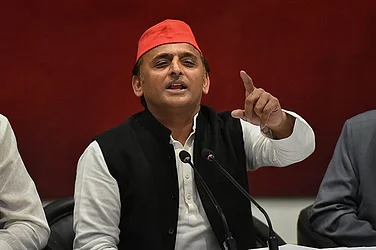Former Union environment minister Jairam Ramesh on Sunday said the recent 'State of India's Birds' report points to worrying trends and asserted that the protection of birds and many other species requires an approach incorporating entire landscapes.
According to the report based on data from about 30,000 birdwatchers across the country, of the 338 bird species studied in India for changes in numbers over the last 30 years, 60 per cent have experienced a decline. Also, 40 per cent (142) of the 359 species evaluated for change over the last seven years have declined, it said.
The Congress general secretary said that another key takeaway from the report is that the Schedules listed in the recently amended Wildlife Protection Act, which the Parliamentary Standing Committee studied in detail, need to be periodically reviewed and updated based on the latest scientific evidence and consultation with experts.
In a post on 'X', Ramesh said, "The second iteration of the diligently curated State of India's Birds, released a couple of days ago, points us to some worrying trends: Out of the 942 bird species assessed, 204 species, i.e. almost one-fourth, have declined in the last 30 years."
"That many species that are rapidly declining are those with a large range in habitats outside the Protected Areas, especially habitats like grasslands, rivers, and coasts," he said.
Birds face three major common threats across India — forest degradation, urbanisation, and energy infrastructure, Ramesh said, citing the report.
Climate change and illegal hunting and trade continue to be significant threats, he added.
"Protection of birds and many other species requires an approach beyond Protected Areas incorporating entire landscapes," Ramesh said.
"Incidentally, Satish Dhawan, in the news due to the brilliant achievements of ISRO, was an avid bird-watcher and wrote a most fascinating book on how birds fly," he said.
'State Of India's Birds' Report Points To Some Worrying Trends: Cong's Jairam Ramesh
In a recent report, Jairam Ramesh said the current state of India's birds indicates worrying trends. He argued that the protection of birds and other species must involve the entire landscape.

Congress general secretary Jairam Ramesh
Congress general secretary Jairam Ramesh
Published At:
MOST POPULAR
WATCH
MORE FROM THE AUTHOR
×





















